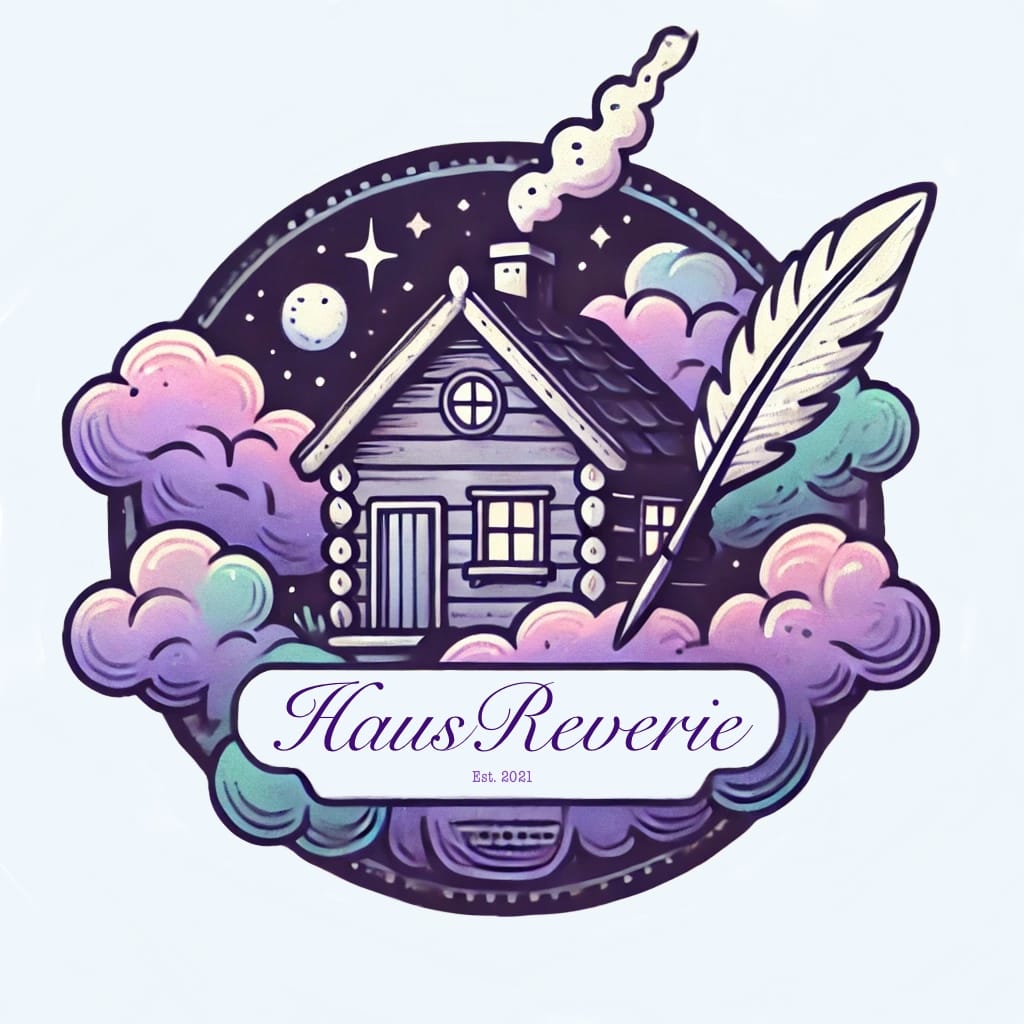A Recollection of the Day That Changed My Life
Fear couldn’t stop me from seeking help.

Asking for help can be intimidating — but it doesn’t have to be.
The memory stands out because of the helmet; bright blue with neon green straps. He sat next to the sign-in sheet and made sure to give everyone a good morning greeting. The stutter never kept him from completing the phrase— I heard it three times a week for six months.
In the beginning, he used a cane and leaned against the wall to walk through the building. But by the end of my stay, he no longer needed the support (though he still used his cane). His speech improved. Eventually he was strong enough to join us on our smoke breaks outside and attempted to have conversations with other group members.
I never heard his full story and I don’t recall his name, but the image of him has stuck with me. I remember thinking to myself: if he can get through recovering from a terrible accident, stay so positive and persistent, then I can do the same.
Decisions Made Unhinged
I was twenty-two. Entering the hospital left me quivering at the slightest movement. I almost talked myself out of getting help. Again. Would they lock me away and tell me I could never leave? The possibility left me planning an escape route just in case. Imagine my dismay, noting each door past the waiting room required keycard access. Escape was futile.
However, the intake counselor I spoke with recommended an outpatient group therapy program which met three days a week from around 8AM to 1PM. Length of stay in the program depended on one’s insurance. This program allowed me to continue working full-time while getting the care I needed.
Mornings Looked Like This
I think it was the routine that knocked my world back into orbit. Forcing myself to wake up before society and sit in a room with strangers made me get comfortable with…well, feeling uncomfortable. After a few weeks, I looked forward to the early morning cab rides. Anxiety kept me silent, though the company never minded; they filled the silence with conversation while I drifted into daydreams and vaguely listened to their ramblings. The city streets were ingrained in my memory as I watched the routes we traveled. In a strange way, it was a relaxing way to start the day.
Once we entered the building everything had to be stored in a locker. Phone, keys, wallets, and so on. At the end of the hall a security officer with a handheld metal detector would ensure we weren’t trying to sneak anything into group. It felt a little excessive — we were all adults — but a couple times people were caught; one sent back for having a chain on their wallet and one for somehow sneaking in a flip phone (which eventually went off during group and earned a scolding from the nurse).
A few doors down to the right, a small kitchen contained placebo coffee that kept my hands from shaking as people talked during therapy. There was an assortment of healthy morning snacks like apples and granola bars to hold us over until we took a break. I remember feeling out of place; these strangers taking care of me, without knowing anything about me. It seemed too good to be true.
Listening to the stories told by others in the group helped me get a grip on reality. Everyone had their own unique problems and troubles — most just didn’t know a healthy way to deal with it. So they ended up here. Group therapy helped us bond and learn that we were no longer alone.
Afternoons Felt Like A Crash
The taxi ride home was far less exciting. It’s conflicting to go back to a dysfunctional home when you’re trying to get better. It’s like erasing all the progress you made. I went from surrounding myself with people who were trying to better themselves, to being around people that had no motivation to do better except talk about it like it was an impossible dream.
I realized I had to get out.
“We Hope To Never See You Again”
It was tradition to say this phrase to people ‘graduating’ from the program. Contrary to the standard belief, it was a message of hope. If we never saw them again, it means the program was successful.
I remember a few goodbyes from the program. Each person got to lead a discussion on whatever topic they chose. One of the days a group member decided to use her time to create an N.A. meeting — the service that helped her get clean. She passed around the book, sharing her favorite entries and explaining how they helped her cope. To see someone improve their life and be happy to share their story was inspiring.
It’s important to remember that therapy was only one of many tools which helped me overcome my struggles. The decision to go to the hospital was one of the most difficult choices I’ve made. However, without the help of the nurses, doctors, and fellow groupmates, I don’t know where I’d be today. It’s truly my hope that these experiences I share, encourage others to seek help when they need it too.




Comments ()